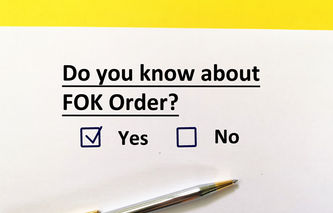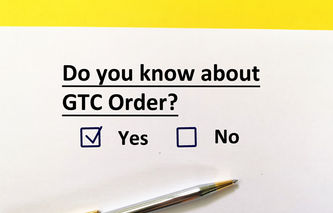Definition
The term Market-on-Close refers to broker instructions to buy or sell securities at their market price and at the end of the trading day. Unless trading is halted on a security, a Market-on-Close order will be executed at the very end of the trading day.
Explanation
While an At-the-Close instruction can be combined with a limit order, a Market-on-Close (MOC) instructs the broker to purchase shares at the prevailing market price just before the end of a trading day. This type of order cannot be executed at any other time during the trading session.
The rules for placing this type of order vary by exchange, for example:
A MOC on the NASDAQ can be placed, amended, or canceled any time before 3:50 p.m. Eastern Standard Time (EST). An order cannot be canceled, placed, or amended after 3:50 p.m. EST.
A MOC on the NYSE can be placed, amended, or canceled any time before 3:45 p.m. Eastern Standard Time (EST). An order cannot be canceled, placed, or amended after 3:45 p.m. EST.
As is the case with a Market-on-Open order, MOC activity typically increases during the earnings season, when companies are reporting their quarterly results. If a trader somehow believes the company's earnings will miss expectations, they may use a MOC to sell securities they own. In the same fashion, if they believe earnings will exceed expectations, they may use a MOC to purchase securities just prior to the announcement.
As is the case with all market orders, execution is guaranteed; however, the price paid for the security is not guaranteed.












